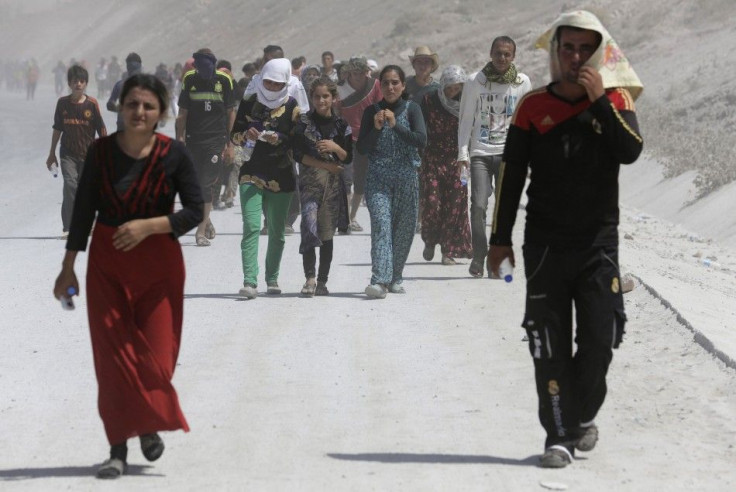Iraq Has New Government: Swears New Prime Minister Haider al-Abadi

Iraq has now a new government in the face of new Shiite Prime Minister Haider al-Abadi. The development effectively paves the way for the U.S. to further its role in the war against the terror group ISIS.
Washington hailed the formation "a major milestone" for Iraq.
The new government under Abadi, U.S. Secretary of State John Kerry said, has the potential to unite all of Iraq's diverse communities "for a strong Iraq, a united Iraq and give those communities a chance to build a future that all Iraqis desire."
Abadi's sworn deputies were Saleh al-Muttlaq, a Sunni and Hoshyar Zebari, a Kurd.
U.S. President Barack Obama immediately called Abadi to congratulate him, at the same time reiterated "the need for the United States and Iraq to continue working closely with the international community to build on recent actions to counter the threat posed by the Islamic State of Iraq and the Levant," the White House said.
Mr. Obama is expected to make a speech later today outlining plans of creating a grand coalition of Western and regional powers that will contain and defeat ISIS.
Abadi allowed lawmakers to decide who will sit on various committees. But a deadlock occurred when it was time to choose for the sensitive defense and security posts. Abadi later on promised to fill the posts within a week.
Moreover, the Kurdish bloc had made it known that its participation in the new government remains conditional, pending the resolution of all its issues with Baghdad. It gave a three-month deadline for this.
Meantime, regional heavyweight Saudi Arabia, will be hosting talks on Thursday between Kerry and ministers from the 10 Arab nations as well as Turkey to form a broad coalition against jihadists in Iraq and Syria.
Saudi state media said the leaders are expected to address "terrorism in the region, extremist organisations behind it and means of fighting them."
Kerry said that the responsibility of combating, controlling and eventually defeating ISIS depend not just on one country but on "every single country."
Each "has a role to play in eliminating the (IS) threat and the evil that it represents," he said.





















